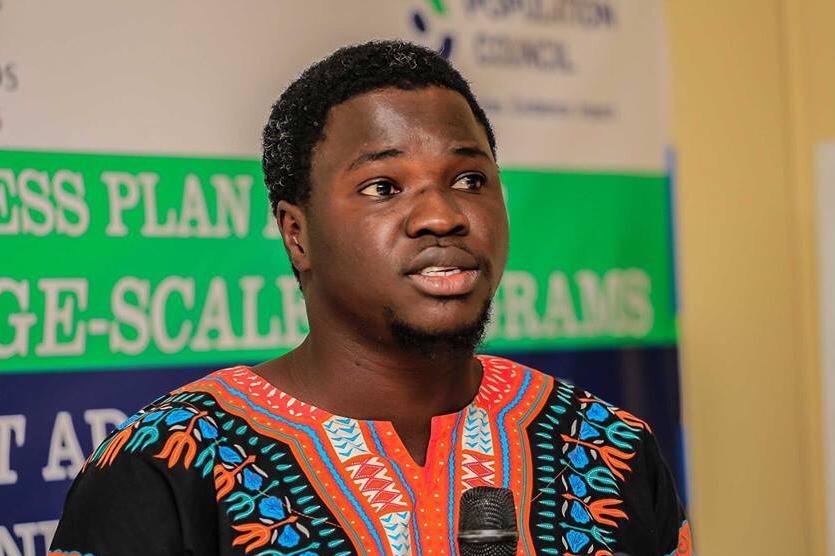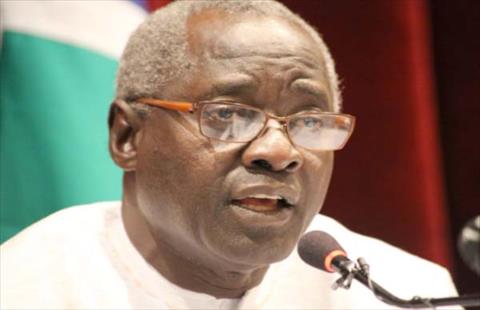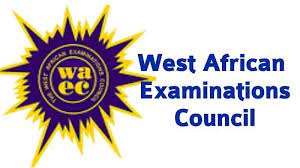Gambians want the government to prioritise delivery of key public services such as health care, water and sanitation, electricity, education and public safety.
According to key findings of the Afrobaromter research network on public service delivery in Gambia made available The Voice, a substantial percentage of the population still do not enjoy adequate services.
“A majority of all citizens – and almost all of the poorest citizens – experience a lack of needed health care, and only a minority enjoy a reliable supply of electricity. Citizens too often find it difficult to obtain services, and sometimes have to pay bribes. For Gambia’s new democratic government, these findings point to opportunities to place citizens’ demands at the top of its agenda,” the report said.
Afrobarometer is a pan-African, nonpartisan research network that conducts public attitude surveys on democracy, governance, economic conditions, and related issues. It conducts face-to-face interviews in the language of the respondent’s choice with nationally representative samples.
The Afrobarometer team in the Gambia, led by the Centre for Policy, Research and Strategic Studies (CepRass), interviewed 1,200 adult Gambians in July and August 2018.
According the surveys, key public services dominate the list of problems that Gambians want their government to address, led by health care and water supply. Infrastructure, education, and security also rank in the top 10.
On health care, six out of 10 Gambians (60%) – including 99% of the poorest citizens – say they went without needed medical care at least once during the previous year. A slim majority (52%) says the government is doing a good job of improving basic health services.
On infrastructure more than six in 10 Gambians live in areas served by an electric grid (63%) and piped-water infrastructure (69%), but only about one in 20 (6%) live within reach of a sewage system. Only four out of 10 (42%) enjoy a reliable supply of electricity.
The report pointed out that among citizens who tried to obtain water, sanitation, or electricity services from the government during the 12 months preceding the survey, almost three-fourths (72%) say they found it difficult to get the services they needed, and about one in eight (13%) say they had to pay a bribe.
A majority (56%) of respondents approve of the government’s performance on education, although only 43% say it has become more effective in addressing educational needs.
A slim majority (54%) say the government is doing a good job of reducing crime. But among those who sought police assistance during the previous year, more than half (56%) say it was difficult to get help, and one in five (20%) say they had to pay a bribe.
The report stated that despite modest gains over the past two decades, the health sector continues to face a plethora of challenges, including inadequate funding and human resources, a weak referral system, and high staff attrition.





